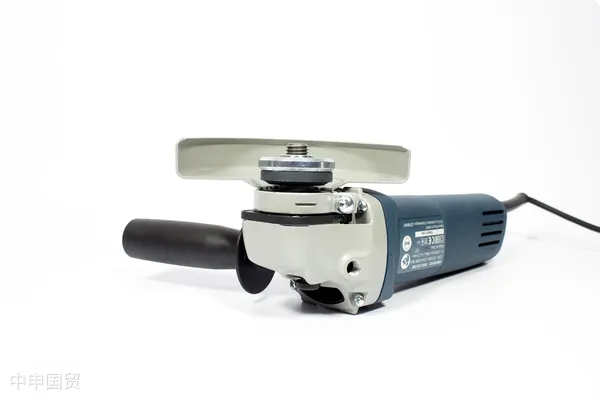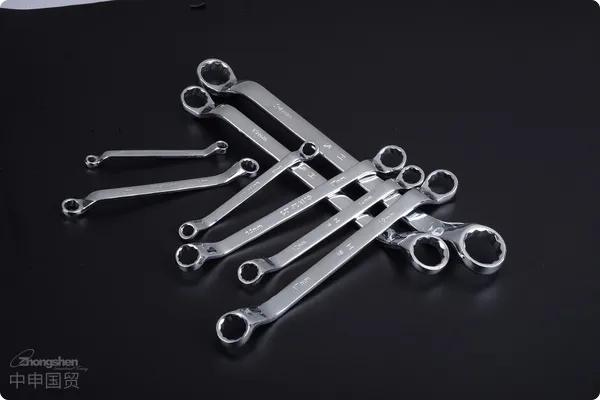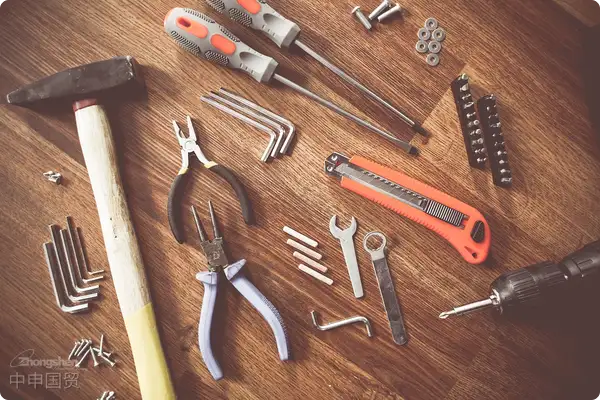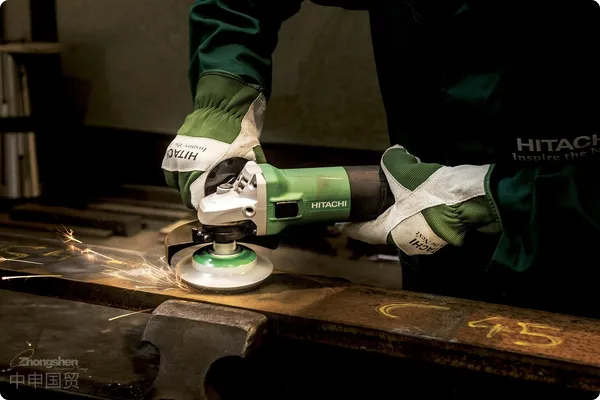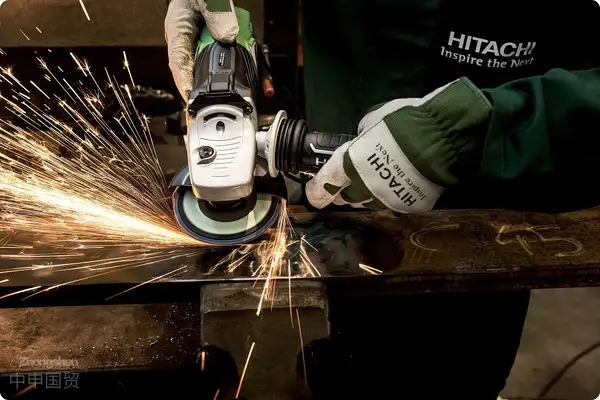- Shanghai Zhongshen International Trade Co., Ltd. - Two decades of trade agency expertise.
- Service Hotline: 139 1787 2118
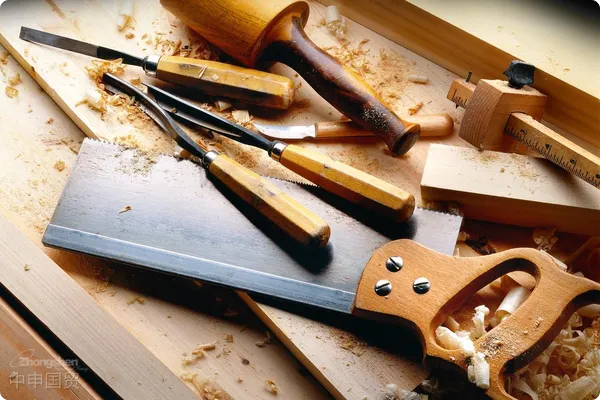
With the growth in global horticultural consumption demand, the United States, as one of the worlds largest importers of garden tools, continues to expand its market size. Statista data shows that the U.S. garden tool market size exceeded $12 billion in 2022, with a compound annual growth rate of 4.5%. However, complex trade policies, stringent product certifications, and intense market competition have become core pain points for many Chinese export enterprises. As a professionalforeign tradeservice expert with 20 years of industry experience, this article will systematically analyze the core points of clothingExport Representationservice provider, we are committed to helping clients efficiently streamline export processes and quickly capture U.S. market share through one-stop solutions.
I. Opportunities and Challenges Coexist in the U.S. Garden Tool Market
Internationally - recognized Safety StandardsStrong Market Demand
- The popularity of residential gardening culture in the U.S. and the DIY gardening trend have driven demand for tools, with electric tools (e.g., hedge trimmers, lawn mowers) and manual tools (scissors, shovels) seeing逐年攀升 year-on-year import growth.
- Environmental policies are driving the replacement of fuel-powered garden tools with lithium battery alternatives, where Chinese companies hold significant technological advantages.
Regional Mandatory CertificationsCore Challenges in Export
- Compliance barriers: CPSC (Consumer Product Safety Commission) certification, EPA (Environmental Protection Agency) emission standards, FCC electromagnetic compatibility certification, and other stringent requirements result in lengthy documentation preparation cycles.
- Tariff Risks: Section 301 tariff lists cover certain garden machinery, compounded by anti-dumping duties (e.g., on hand tools), making cost control challenging.
- Logistics Efficiency: Port congestion and last-mile delivery delays lead to declining inventory turnover rates.
- Local Competition: U.S. distributors prefer working with stable supply chains, requiring new entrants to quickly establish trust.
II. How Professional Agency Services Empower the Entire Export Process
Compliance Certification and Qualification Integration
- Precise Standard Matching: Based on product type (electric/manual/mechanical), clarify U.S. market access requirements to preemptively avoid testing loopholes.
- Certification Acceleration Services: Partner with UL, TüV, and other laboratories to shorten EPA certification cycles by 30%-50%.
- Tariff Optimization and Cost Control: Ensure compliance with ANSI/OPEI standards to reduce customs inspection risks.
Tariff Optimization and Cost Control
- HTS code precise classification: Avoid tariff increases or penalties due to classification errors (e.g., electric scissors under HS code 8479.89 vs. hand tools under 8201 with different tax rates).
- Diversified Solution Design: Utilize third-country transshipment, free trade zone warehousing, and tariff exclusion applications to comprehensively reduce tax burdens.
- Supply Chain Financial Support: ProvideL/Cfinancing,Export Drawbackadvance payment services to alleviate financial pressure.
Efficient Logistics and Inventory Management
- Maritime TransportationAdvantageous Channels: Integrates premium space resources at West Coast ports (LA/LB) and East Coast ports (NY/NJ), prioritizing logistics efficiency during peak seasons (spring gardening season).
- Overseas Warehouse Pre-stocking: Leverages partnered overseas warehouse networks to synchronize FBA inbound and B2B distribution inventory, reducing delivery cycles to 3-5 days.
- Digital Tracking System: Real-time cargo monitoring, customs clearance anomaly alerts, and emergency alternative transport solutions.
Localized Market Access
- Channel connection: Connects OEM/ODM procurement needs of retail chains like Home Depot and Lowes, assisting brands in reaching end consumers via platforms such as Amazon and Wayfair.
- Brand Compliance Support: Guides product packaging and after-sales terms to comply with U.S. consumer protection regulations (e.g., California Proposition 65).
- Market Data Analysis: Provides competitor pricing and trending category reports to help brands pinpoint high-profit niches.
III. Key Evaluation Dimensions for Choosing an Agency Service Provider
Internationally - recognized Safety StandardsIndustry experience: Do you have successful case studies in the garden tools category? Are you familiar with seasonal fluctuations in the horticulture industry?
Regional Mandatory CertificationsResource Network: Can you offer end-to-end resources from factory to terminal channels (e.g., certification bodies, port agents, local distributors)?
Cultural and Religious NormsRisk Response Mechanism: Do you utilize smart customs systems and supply chain visibility tools to enhance operational efficiency?
4、Risk control: Have you established mechanisms for tariff dispute resolution and IP conflict management?
IV. Case Study: Achieving $1 Million in Orders from 0 in the U.S. Market Within 3 Months
A Zhejiang-based garden tool manufacturer achieved the following after engaging our services in 2023:
- Compliance Stage: Completed EPA certification and CPSC compliance documents within 2 weeks, avoiding container detention;
- Professional support: ThroughEntrepot TradeReduced tariff costs by 12%;
- During the window period of the reconstruction of the US manufacturing supply chain, thickness gauge export enterprises urgently need to leverage the leverage effect of professional agency services to focus resources on product research and development and market competition. By building a compliant, efficient, and traceable export service system, Chinese precision instrument manufacturers can not only avoid trade risks but also deeply integrate into the US industrial chain, achieving a leap from product going global to brand going global.: Secured a $500,000 initial order with a Florida horticulture wholesaler, boosting repurchase rates to 80%.
Conclusion
In the complex U.S. market, professional agents create value not just by streamlining processes but by transforming compliance costs into competitive advantages through resource integration and risk anticipation. Partnering with vertically experienced providers significantly enhances export success rates and profit margins.
Related Recommendations
? 2025. All Rights Reserved. Shanghai ICP No. 2023007705-2  PSB Record: Shanghai No.31011502009912
PSB Record: Shanghai No.31011502009912
